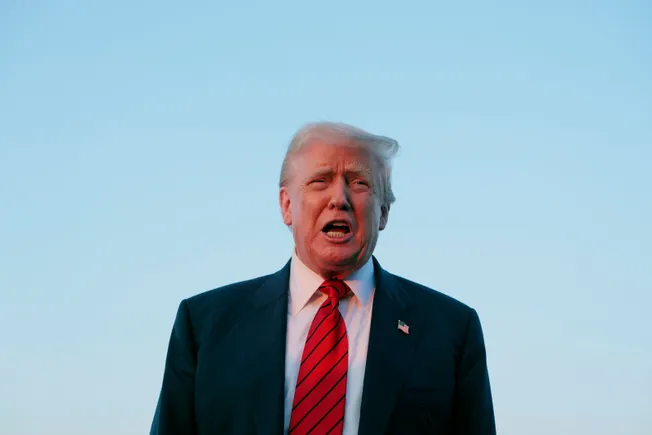The Trump administration is taking steps to boost pharmaceutical manufacturing in the United States with the introduction of a new program called PreCheck. This initiative aims to facilitate the process of establishing domestic manufacturing facilities by providing drug companies with enhanced communication and feedback from the FDA in the early stages of development.
The PreCheck program consists of a two-phase approach that includes pre-application meetings and early feedback on the chemistry, manufacturing, and controls section of the application. This initiative is part of the administration’s broader efforts to reduce reliance on overseas drug manufacturing, following an executive order issued in May to streamline regulatory barriers for new facilities. The White House highlighted the lengthy timeline of five to ten years required to build and gain approval for a new pharmaceutical manufacturing facility, which President Trump deemed unacceptable from a national security perspective.
In addition to PreCheck, the FDA has proposed a voucher program earlier this year to expedite drug review timelines. The agency plans to hold a public meeting on September 30 to discuss the framework of the program and address stakeholders’ questions.
The administration’s push for U.S. manufacturing also includes the implementation of tariffs on the pharmaceutical industry. President Trump has announced plans to impose tariffs on pharmaceutical imports, with rates potentially increasing up to 250% over 18 months. While tariffs are intended to incentivize domestic drug supply, they could lead to increased costs for the industry due to the majority of drug and active pharmaceutical ingredient imports coming from overseas.
The FDA’s Center for Drug Evaluation and Research recently released a report revealing that only 41% of FDA-regulated drug manufacturing sites are located in the U.S. The report also highlighted the faster growth of manufacturing sites outside the U.S., particularly in China and India. The pharmaceutical industry has expressed concerns about the impact of tariffs on investment and medical progress.
Despite uncertainties surrounding incoming tariffs, several major pharmaceutical companies have announced investments in expanding manufacturing facilities in the U.S. AstraZeneca, Biogen, Thermo Fisher, Eli Lilly, Johnson & Johnson, and Roche are among the companies making significant investments to bolster their U.S. manufacturing capabilities. These investments align with the industry’s efforts to ramp up domestic manufacturing to avoid potential tariff implications.
As drugmakers focus on expanding U.S. manufacturing capacity, the PreCheck program could play a crucial role in facilitating the process. With pharmaceutical companies committing to substantial investments in U.S. manufacturing, initiatives like PreCheck aim to streamline regulatory processes and support the growth of domestic pharmaceutical production.


